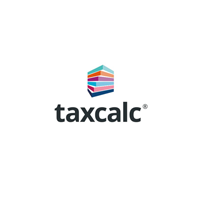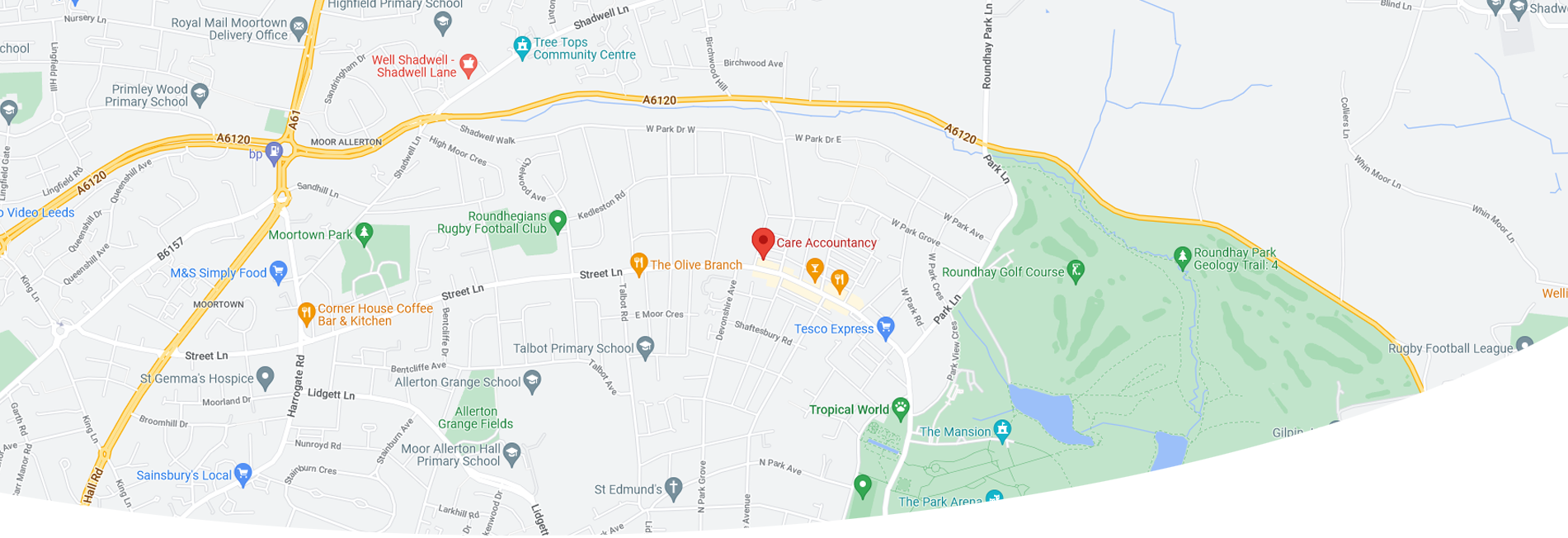Estate Planning
Services
Estate planning is the process of managing an individual’s assets such as their residence and houses, cars, stocks, artwork, life insurance, pensions, mortgages, and debt in the event of their death, or if they become incapacitated or lose their decision-making ability.
Estate planning can be done for various reasons, such as preserving family assets or wealth, providing necessary funds for a surviving spouse and children, funding education, or leaving the legacy to a charitable cause.
The managing process includes preservation and distribution of assets after death or taking into account the management of an individual’s assets, properties, and financial obligations in the event of their incapacitation.


Our Expertise
Your Wealth!
While setting up Trusts and Estates, it is equally important that you allocate some assets and make adequate provisions for yourself and your spouse to consume in the later years of your life.
The Estate Planning process involves setting up Trusts, making a Will, naming Executors, identifying Beneficiaries, setting up funeral arrangements, and making charitable donations all of which can reduce the impact of estate taxes. Depending upon the personal circumstances, the most essential steps in Estate Planning require the writing of a Will and setting up of a Trust and the following:
- Naming the guardians for the dependents
- Identifying a person to act as the Estate Executor to oversee the terms of the Will
- Setting up a Power of Attorneys to manage assets and investments
- Setting up Trust accounts in beneficiaries’ names to limit the impact of estate taxes
- Funeral arrangements
- Establishing mechanism for gifts to charity’s/non-profit organizations to reduce tax
- Updating beneficiaries on plans such as life insurance, IRAs, etc.
Wills and Trusts are both estate planning tools used for assets protection and their bequeathment to the legal heirs, mainly when wealth is passed on to a subsequent generation. It may be efficient to have both a Will and Trust in such a case.
A Will is a legal document containing the deceased’s instructions as to how the property and custody of minors if any, should be handled after death and as per his desires. A Trustee or an Executor is named in the Will who executes the intended objectives.
However, a Trust can be operative during the lifetime of the person, which may list the distribution of the assets before the death. It can be altered by the Grantor called a Living Trust or a Testamentary Trust after his death. Besides, irrevocable trusts are created for tax purposes, which cannot be altered after their creation. All Wills must go through a legal process called Probate, a court procedure that can be lengthy and potentially contentious if family members contest the Will.
Disclaimer
Trusts are not required to go through Probate when the Grantor dies, and one cannot challenge them.
Within 30 days of the death, the custodian of the Will can either approach Will’s Executor or a Probate court. A Probate is a court-supervised procedure in which the validity and the authenticity of the Will are determined and accepted as the last wishes of the deceased. Probate is the initial step towards administering the Estate of the deceased and distributing the assets. After the appointment of the Executor through a Probate order, it confers on the Executor the legal powers to act on behalf of the deceased.
The Executor appointed by the court or the approved legal personal representative is responsible for identifying, managing, distributing and valuing all the deceased’s assets using the date of the death as the cut-off date for valuation purposes.
The list of assets that need to be assessed during a Probate may include residences, other properties, buildings or land, money in banks, building societies or ISAs, or cash in their home. It may also include stocks and shares, household and personal items, including furniture, paintings, jewelry, cars, caravans, or boats. Besides foreign assets, such as property abroad, money owed and debts, for example, wages or refunds from household bills, payments from a life insurance or a lump sum death benefit from a pension, and any other items of value may also be included in the list of assets.
The Executor will also accept creditors’ claims, pay off any debts or taxes owed by the deceased from the Estate and file the final personal income tax returns on behalf of the deceased. The inventory, its valuation, claims, debts, and estate taxes will require court authorization and permission to distribute whatever is left of the estate to the beneficiaries. Any estate taxes will fall due within nine months of the date of death.
If the deceased does not write or there is no valid Will is called Intestacy. In this process title to the property will pass on to the legal heirs according to a specific methodology. With or without a Will, the property must still go through the probate process, as the court allows others an opportunity to contest the Will.
Creditors can step in before the Probate process is finalized for a Will; its validity can be scrutinized and challenged. Anyone can also question the deceased’s mental capacity at the time of drawing the Will, answers to all of which will take time and money.
The legal cost of this process, roughly 3% to 7% of the total Estate value, is to be borne by the legal heirs. The probate proceedings can stretch up to a year or two or even more. The deceased’s assets remain “frozen” until the Court decides on the distribution of the property.
The Probate process can take time regardless of whether a Will has been drawn or not. Other tools can help the inheritors. One such tool is the revocable living trusts or the Inter-Vivos Trusts bypassing the Probate process. The property in a Trust is not Probated, so it passes directly to the Inheritors by creating a Trust document and transferring the property title to the Trust.
To keep control over the trust property, the deceased can name themselves the Trustee. A trust also allows alternate name beneficiaries, nor does it require a waiting time after death. It is also much more difficult to challenge Trust in a court of law.
Care Accountancy can advise you on the various aspects of estate planning and help you with their expertise and knowledge of the estate-related laws and how they can impact your wealth. We can help you to complete the checklist of estate planning covering the following:
- Last Will includes naming guardians for minor children, Beneficiaries, and Executor who will execute the terms of the Will, listing of all personal property, and deciding which people/charities will receive how much of the amount in assets.
- A revocable living trust is a legal instrument that allows the distribution of assets after death. A revocable living trust is a legal entity that “owns” the property you put into it, while still allowing you to use and control that property while you are alive.
A revocable living trust needs more maintenance than a Will, but it allows your assets to avoid the time and expense of the Probate. After you pass away, assets in a revocable living trust can be distributed to your heirs quickly and privately.
Our Estate Planning service can assist you in:
- Help you devise a new Will or analyse your existing Will
- Advising on the available exemptions and allowances
- Identify tools, vehicles and methodology that can lower tax impact
- Arrange for the activation of the Trusts and Executorship related work
- Transfer agricultural and industrial property
- Help to arrange life insurance to cover mortgages and potential inheritance tax liabilities
If you would like to have more information about these services which are beneficial for you, please visit our Trust and Estates page.

Get in Touch
Rhoundhay
Leeds
LS8 2AL, UK
Coventry Road
Birmingham
B26 3EJ, UK
0121 7268 542
info@careaccountancy.co.uk











